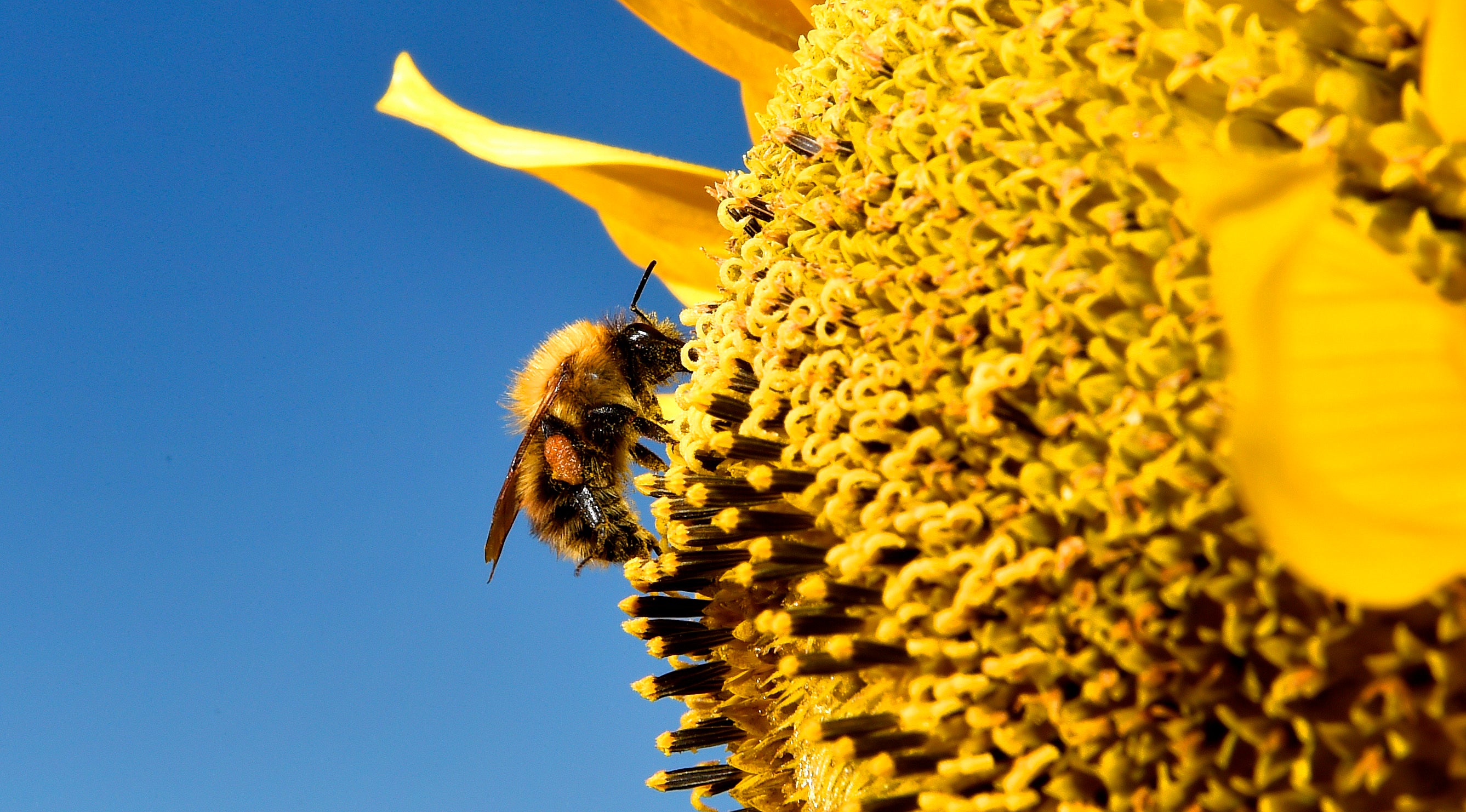‘Pollen bomb’ to hit UK as Met Office issues urgent warning
Hay fever sufferers warned to have medication handy this weekend
A "pollen bomb" is set to hit the UK this weekend with hay fever sufferers warned to have allergy medicine at the ready.
High pressure is set to welcome warm sunshine for many across the weekend, with temperatures forecast to reach 22C in London on Saturday. Glasgow, Plymouth and Cardiff will see temperatures of 21C, with the mercury hitting 20C in Belfast.
The warm weather will exacerbate pollen levels in the UK this weekend, according to the Met Office.
It said pollen levels are set to increase in the five days leading up to Tuesday, skyrocketing to high alerts in the south of England and across Wales.
On Saturday, the Met Office guidance on pollen levels will see Yorkshire and Humber, East Midlands and East Midland move from a medium alert to a high.
Though pollen levels are set to remain generally low in the north, on Saturday the North East of England is forecast to change from low to medium.
Take a look at our pollen count map below:
“Pollen levels are increasing through the weekend, particularly in southern and central areas of England and Wales, and that’s because of these settled weather conditions”, a Met Office spokesperson told The Independent.
“There’s nothing in the way of rain forecast to dampen any pollen levels down, so certainly a weekend and a week to have that medication ready for any hay fever sufferers.”
Alongside taking medication like antihistamines, keeping windows rolled down whilst driving, drying laundry inside and avoiding pollen peaks can also help to alleviate symptoms.
“Pollen levels are generally higher in the morning as the pollen rises up in the warming air, and again high in the evening as that pollen cools and comes down to the surface where we’re breathing the air in, so being aware of those times of the day is important”, the Met Office further advised.
Hay fever – also known as pollen allergy – is mainly caused by grass pollens, but it can also be triggered by other forms of pollen. Symptoms, which can include frequent sneezing, a runny or blocked nose, itchy or watery eyes or even a cough, occur as the immune system responds to pollen by creating histamine and other chemicals.
Approximately one in five people will suffer from hay fever in their lifetime, equating to 10 million people in Britain. Many rely on antihistamine drops, tablets or nasal sprays to relieve their symptoms.
The majority of people who suffer from hay fever are allergic to grass pollen. However, the hay fever season tends to start at slightly different times depending on where in the UK you live: in the north, the season tends to be shorter, enjoying a later start with generally lower pollen levels.
Tree pollen typically spikes first, peaking from late March into mid-May. Elsewhere, grass pollen has two peaks, lasting from mid-May until July, and weed pollen from the end of June to September.

Elsewhere, cities and places inland tend to have lower counts than in the countryside and by the coast.
The peaks in pollen levels can sometimes be hidden by the weather, and the balance of wet, dry, warm or cold conditions can heavily influence any peaks or “pollen bombs.” In winter, colder temperatures will typically delay any pollen release from plants and trees into the next year.
Rainfall during the spring months can also influence pollen levels, as any dry spells can decrease pollen production.
Join our commenting forum
Join thought-provoking conversations, follow other Independent readers and see their replies
Comments
Bookmark popover
Removed from bookmarks